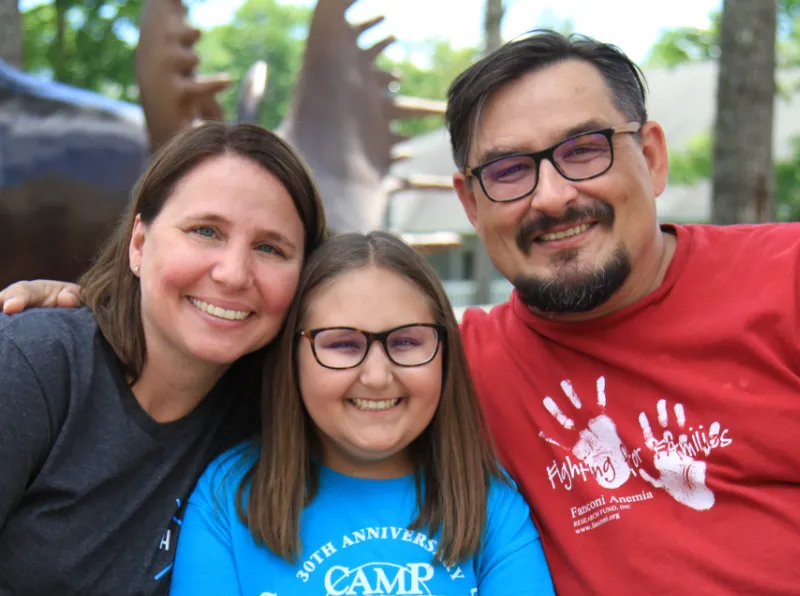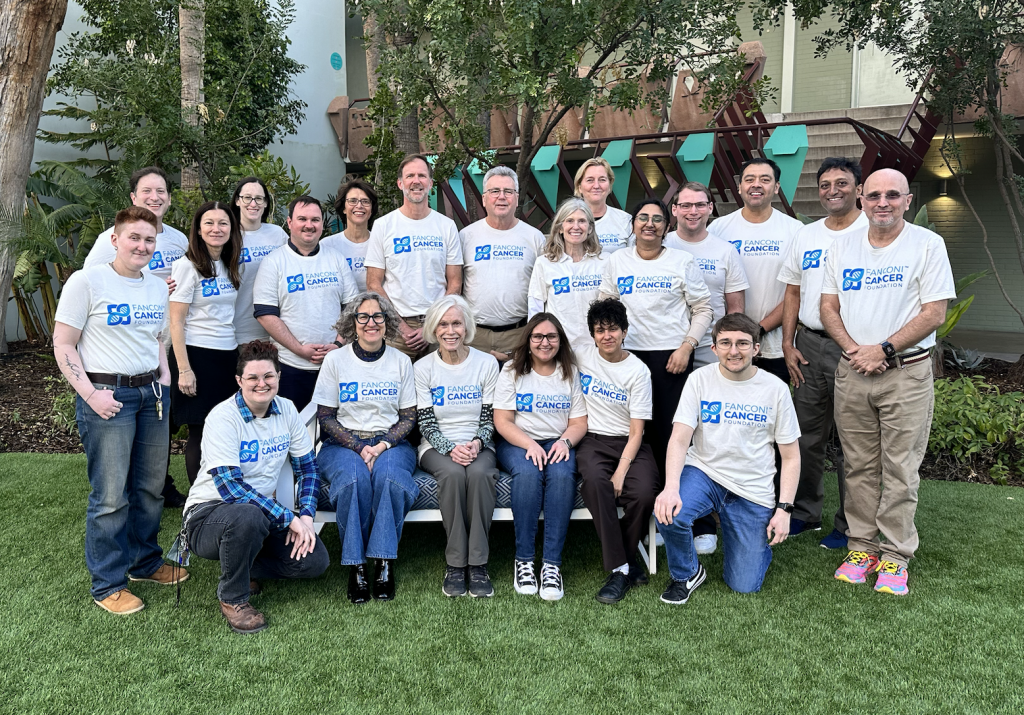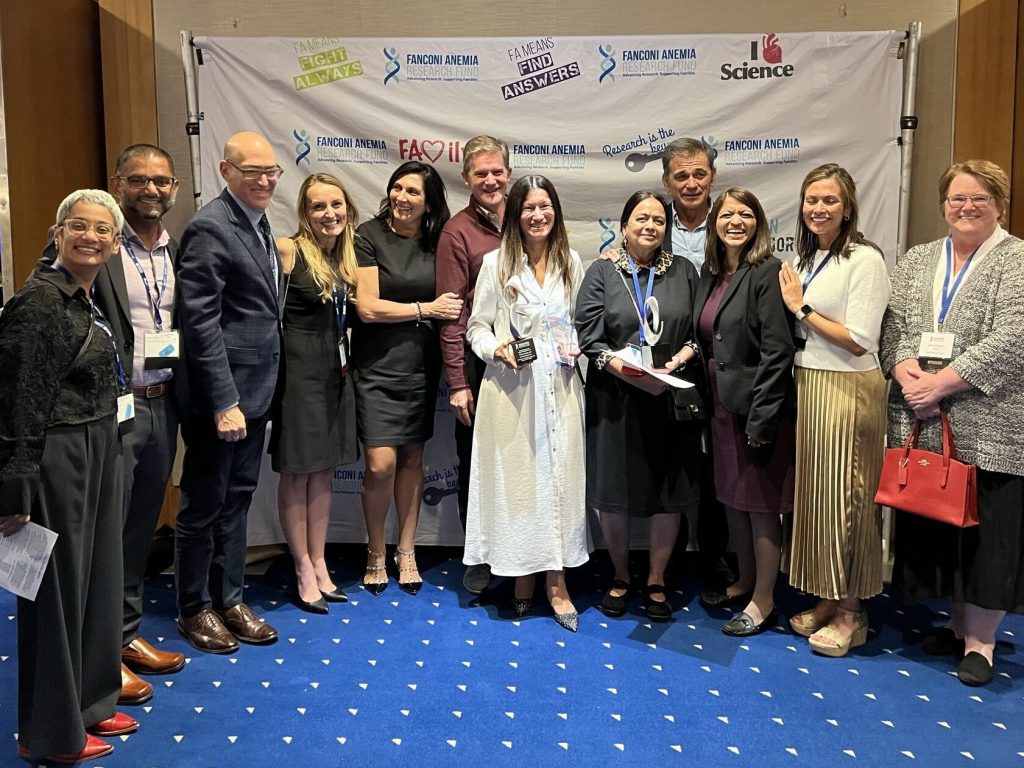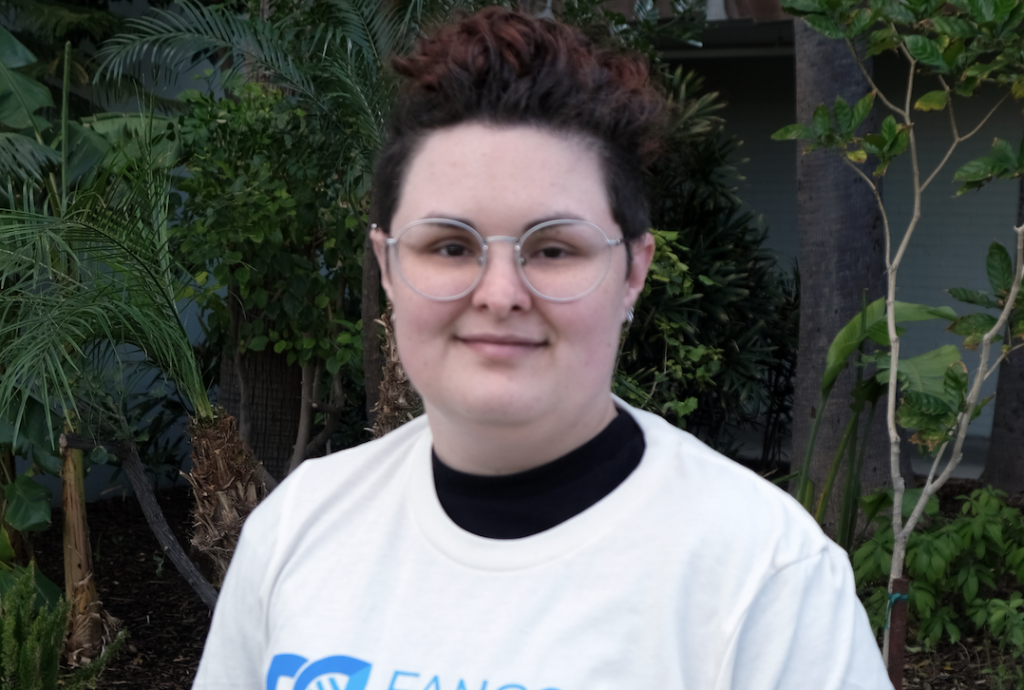In 1989, Lynn and David Frohnmayer founded the Fanconi Anemia Research Fund (FARF), determined and desperate to find a cure for their three daughters diagnosed with Fanconi anemia (FA). Since then, their vision has grown into a vibrant community of FA families, researchers, clinicians, donors, fundraisers, staff, and volunteers, all dedicated to improving outcomes for people with FA.
A Beacon of Support
Fanconi Cancer Foundation
Our mission is to improve the lives of people affected by Fanconi anemia and associated cancers worldwide by funding exceptional research and empowering our community.
Founded in 1989 by parents Lynn and David Frohnmayer, FCF’s contributions have been instrumental in understanding the disease and improving treatments, with more than $33 million funded for 260+ research projects worldwide. Life expectancy has more than doubled as treatments have drastically improved. We must now take on the most significant and currently unsolved problem facing the FA community today: cancer.










